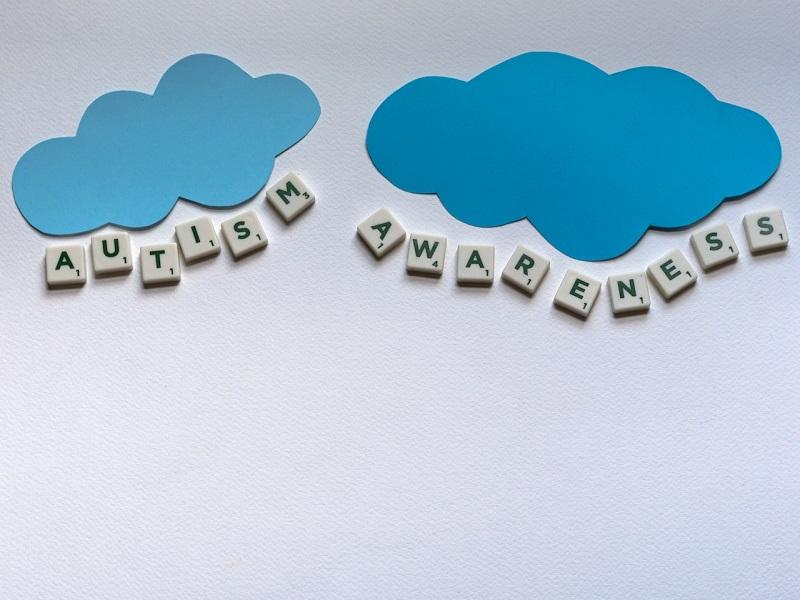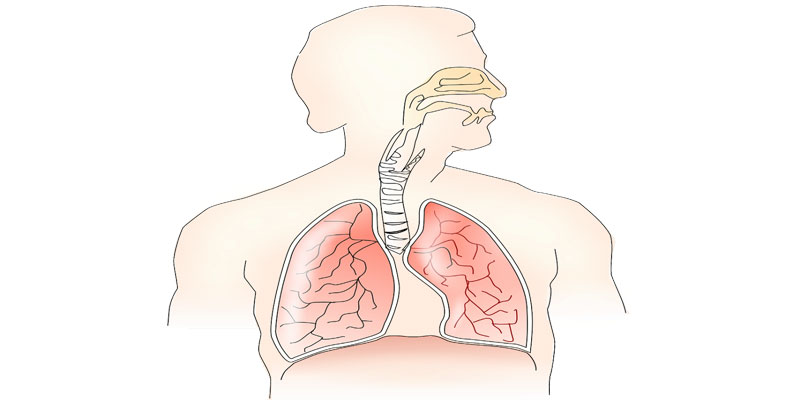A Comprehensive Guide to Understanding Autism in Children
Dec 17, 2023
In today's world, with increasing awareness about various developmental disorders, autism often comes to the forefront of discussions among concerned parents. "Could my child possibly have autism?" is a question that lurks in the minds of many. This in-depth guide is designed to help you grasp the complex details of autism in children, familiarize you with its signs, and guide you through the subsequent steps.
Autism: What Exactly Is It?
Autism Spectrum Disorder (ASD), commonly referred to as autism, is a developmental condition that influences the way individuals interpret their surroundings and how they connect with others. The term 'spectrum' denotes the vast variety of symptoms and their intensities that individuals with ASD might exhibit. Every child with autism is unique, possessing their distinct blend of abilities and hurdles.
Is My Child Exhibiting Symptoms of Autism?
It's essential to remember that children develop at their pace. However, particular signs might indicate autism in children:
1. Navigating Social Mazes
- Building Friendships: They might find it challenging to initiate or maintain friendships, often feeling more comfortable in their solitary space.
- Empathy Concerns: Grasping the emotions or viewpoints of others can be a hurdle.
- Solitary Play: A noticeable preference for playing alone rather than mingling with peers.
2. Hurdles in Communication
- Speech Delays: There might be noticeable lags in speech development or, in some cases, a complete lack of speech.
- Repetitive Patterns: This could manifest in repeating words, phrases, or even physical actions.
- Eye Contact & Conversation: They might avoid eye contact and find it tough to sustain a back-and-forth conversation.
3. Patterns of Repetition
- Routines are Sacred: They often adhere strictly to routines, becoming distressed if there's even a minor disruption.
- Physical Repetitions: Actions like hand-flapping, rocking, or spinning might be frequent.
- Focused Interests: They could exhibit a deep and intense interest in specific topics, often bordering on obsession.
4. Sensory Overloads
- Heightened or Reduced Sensitivities: An extreme reaction or complete indifference to sensory stimuli such as lights, sounds, or textures is common.
- Pain and Temperature Perception: Their reactions to pain or different temperatures might vary drastically from the norm.
What Causes Autism in Children?

The genesis of child autism remains enshrouded in mystery. However, current research points towards a blend of genetic and environmental triggers. A crucial point to note: the outdated notion that vaccines cause autism has been debunked repeatedly. It's imperative to rely on reputable scientific sources and healthcare experts when seeking information.
My Child Shows Signs, What Now? A Step-by-Step Guide
- Detailed Observation: Begin by meticulously noting down any unusual behaviors or signs you've spotted. This documentation can be invaluable when discussing your concerns with specialists.
- Engage with Healthcare Experts: Reach out to your child's pediatrician. They may advise further assessments or connect you with specialists in child development.
- The Power of Early Action: If autism is diagnosed, remember that early interventions can have transformative effects on your child's growth trajectory. This could encompass specialized therapies, dedicated educational strategies, and more.
Support Systems and Resources

The initial feelings post-diagnosis can be a tumult of emotions. But it's crucial to remember that you're part of a vast community. A plethora of organizations, fellow parents, and professionals can provide invaluable support, advice, and resources. By attending workshops, joining support groups, and continuously educating yourself, you can ensure your child leads a fulfilled life.
Fact Check: Autism in Children
- Typical Age of Diagnosis: Though signs can emerge as early as infancy, most diagnoses occur by age 4.
- Prevalence: Roughly 1 in 54 children is diagnosed with an autism spectrum disorder.
- Gender Dynamics: Boys are about four times more likely to be diagnosed with autism than girls.
- Treatment Modalities: While no 'cure' for autism exists, numerous interventions can substantially aid skill development and quality of life.
Frequently Asked Questions
1. What exactly is Autism Spectrum Disorder (ASD)?
Autism Spectrum Disorder, often shortened to autism, is a developmental condition that affects how people understand their surroundings and connect with others. The term 'spectrum' tells us that people with ASD can show a wide range of symptoms, from mild to more intense. Every child autism has their own unique set of strengths and challenges.
2. My child likes to play alone. Does that mean they have autism?
Not necessarily. While a preference for solitary play can be one of the signs, many children enjoy playing alone at times, and it's a normal part of development. However, if you notice other symptoms alongside this or if the preference is strong and persistent, it might be worth discussing your concerns with a healthcare professional.
3. Can vaccines cause my child to develop autism?
No, vaccines do not cause autism. This belief has been debunked multiple times through extensive research. Vaccines are essential for protecting your child's health, and it's crucial to rely on credible scientific sources and healthcare professionals for information.





